Can Essential Oils Help Tame Frizzy Hair?
Know the proper and safe way to use these oils to reap maximum hair care benefits.

Image: Shutterstock
Harmful UV rays or harsh winters cause the hair to become dry and frizzy. A popular remedy to moisturize dry hair and reduce frizz is essential oils. That’s right – essential oils help tame frizzy hair! The good news is there is a wide variety of essential oils to choose from, each having their own hair care benefits. Oils extracted from rosemary, peppermint, and lavender are said to replenish and rehabilitate hair roots (1), (2). Explore the advantages of using essential oils on your hair, and understand how you can use them effectively to curb frizz.
In This Article
What Can Essential Oils Do For Your Hair?
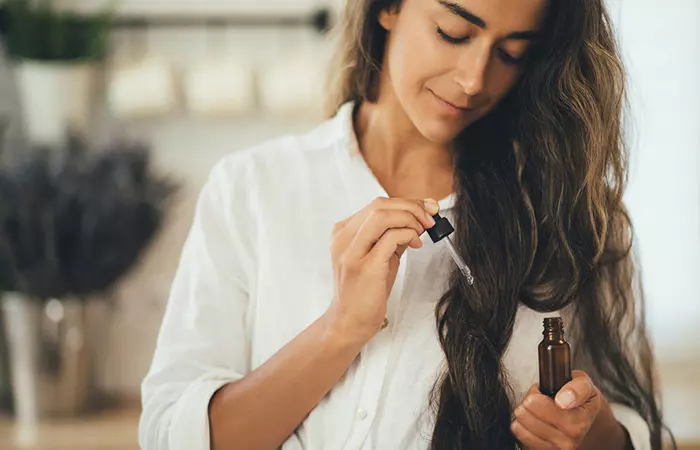
Essential oils contain certain active biomolecules that (1), (2):
- Stimulate hair growth
- Moisturize scalp
- Regulate hair fall-causing hormones
- Manage alopecia (baldness)
- Help activate and nourish hair follicles
- Alleviate scalp infections
- Improve hair texture
- Relieve stress and anxiety
Essential oils offer long-lasting results with almost no toxicity or side effects. Using them in aromatherapy and hair care is possibly the best gift you can give to your hair and skin.
Key Takeaways
- Essential oils contain biomolecules that help moisturize the scalp, nourish the hair follicles, and reduce frizz.
- Lavender oil, rosemary oil, and tea tree oil are some of the essential oils that tame frizz while treating hair issues like dandruff and hair fall.
- Though essential oils are safe to use, always dilute them with a carrier oil before application.
5 Essential Oils That Help Manage Frizzy Hair
1. Rosemary Oil
Rosemary oil is extracted from dried and processed rosemary leaves
. Studies show that it helps relieve scalp itching and dryness (3). It may also restore moisture balance in the scalp and control frizz in the hair strands. But be sure to use rosemary oil with a suitable carrier oil. You can also add rosemary extracts to a herbal hair rinse for fuller, healthier hair.
Along the same lines, Lucy Kikko, a blogger who was dealing with untamed and unruly hair, incorporated rosemary essential oil in her haircare routine. Sharing her experience of the same, she said, “I’ve been using it for 2 days and the result is tremendous! I love its smell and the oil actually instantly softens my hair from the 1st time I applied it on my hair. What I did is to mix a few drops of Rosemary oil with my current shampoo, and just wash my hair as usual. You will see the difference instantly (i).” The blogger was of the opinion that rosemary oil is a great hair treatment for tresses.
2. Peppermint Oil
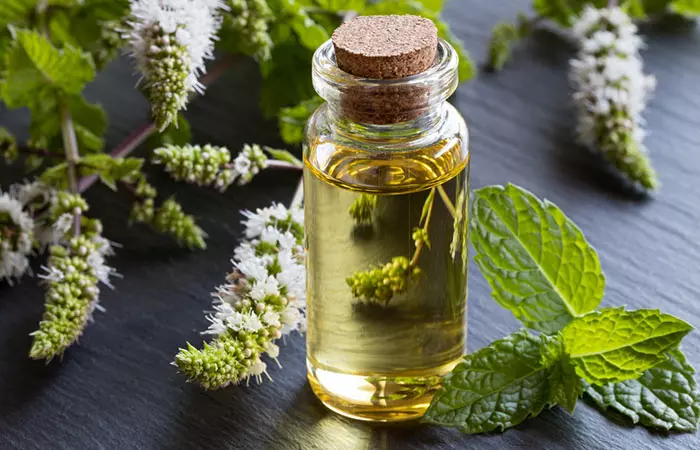
This invigorating and cooling oil from the leaves of peppermint (Mentha piperita) has several skin and hair benefits – thanks to its anti-inflammatory, antifungal, and stress-relieving properties.
A 2014 study on rats demonstrated how peppermint oil can stimulate hair growth without side effects. When applied topically, this oil may nourish hair follicles, condition the scalp, and improve hair texture and density (2).
3. Lavender Oil
contains active molecules like linalyl acetate, linalool, and geraniol that relieve fatigue, stress, and headaches. Recent dermatological studies explain its hair-growth promoting effects in subjects with alopecia. Applying lavender oil topically can stimulate and nourish hair follicles (1). With regular use, it may improve hair strand texture with no toxic repercussions.
4. Tea Tree Oil
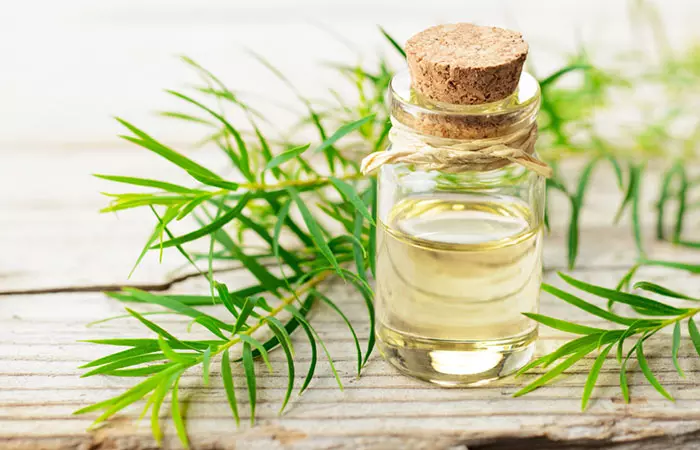
Scalp issues are often ignored when dealing with hair texture and frizz. Dry, itchy, and scaly scalp affects and impedes hair growth, shine, and texture. Dandruff is another common enemy to such hair types. An effective and natural fix is to try tea tree oil. Tea tree oil is extracted from the leaves of Melaleuca alternifolia tree, native to Australia.
The oil has antiseptic, anti-inflammatory, and antifungal properties. Tea tree oil shampoos have also shown significant results in patients with dandruff (4). Using this essential oil on itchy and dry scalp may safely relieve inflammation and promote healthy hair growth (5).
5. Cedarwood Oil
Fungal and microbial parasites derive nourishment from the scalp, leaving your hair lifeless, dry, and frizzy. Cedarwood oil is one of the best aromatherapyi A holistic healing treatment that uses essential oils and other aromatic compounds to promote health and well-being. alternatives to treat hair and scalp infections. It helps treat dandruff, dermatitis, oily/sebaceous scalp, and scabs too (6), (7).
In studies, massaging the scalp with a cedarwood oil blend could promote better hair growth when compared to using just carrier oils. Cedarwood oil is a great addition to your essential oil blend for general hair and skin care (6), (7).
These are the top essential oils that can help treat your hair frizz. In the next section, we have discussed how you can these oils.
 Did You Know?
Did You Know?How To Use Essential Oils On Hair

The easiest way to use essential oils on your hair is having a relaxing massage with them. Since essential oils are highly concentrated, you must dilute them in carrier oils. Commonly used carrier oils include coconut, avocado, sweet almond, castor, jojoba, olive, and grapeseed oils. They help carry the essential oils into the skin without causing irritation. These oils are gentle and can be easily absorbed by the skin. Here’s how you use them:
- To a tablespoon of carrier oil, add 2 or 3 drops of the essential oil and mix. Double the amount of carrier oil if you are using more than one essential oil.
- Massage the mixture into the scalp for 2 to 3 minutes using your fingertips.
- Apply gentle yet sufficient pressure to the different parts of the scalp. Work your way through using circular strokes.
- You can leave in the oil for anywhere between 30 minutes to two hours.
- Stop if you feel any irritation on your scalp or skin.
Alternatively, you can add essential oils to hair products like shampoos, serums, and hair rinses. It takes two simple steps —
- Add 10 drops of rosemary and 5 drops of peppermint oils to an 8-oz. shampoo or conditioner bottle. You can pick any two essential oils to customize the oil blend.
- Shake well to combine. Massage the product each time you wash your hair.
 Quick Tip
Quick TipAs rejuvenating as they can get, essential oils may also cause issues if not used the right way. Check out the precautions you must take.
Are Essential Oils Safe For Hair? What Precautions Should You Take When Using Them?
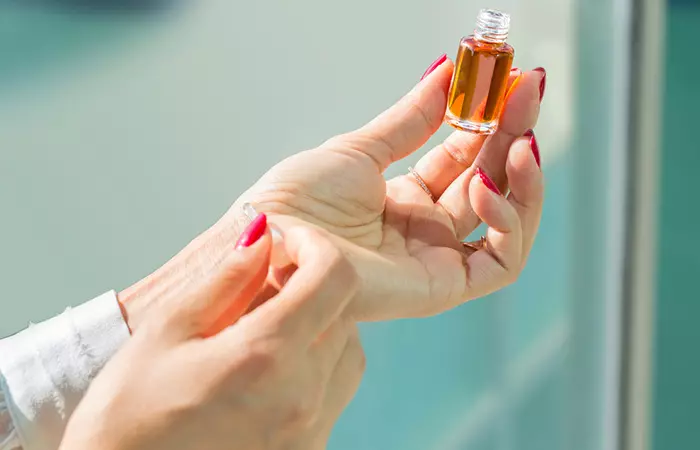
- Always use a carrier oil to dilute the essential oil. Never use an essential oil undiluted.
- Do a patch test before using an oil blend.
- Not all essential oils are safe to be used during pregnancy or while lactating. Check with your gynecologist and/or physician before trying them.
- Don’t ingest essential oils unless instructed by your doctor. Most essential oils are not safe to consume and can upset your digestive system when ingested.
- Always read the labels. Check for specific warnings on the packaging and adhere to any recommendations provided by the manufacturer.
- Avoid applying essential oils into your nose, inner ears, eyes, broken skin, or other sensitive areas.
- Essential oils are photosensitive and may make you susceptible to UV-ray damage. Before applying any essential oil topically, check the label for sun sensitivity warnings.
- Avoid exposure to direct sunlight or UV rays for at least 12 hours following the use of essential oils on your skin.
- Store these oils out of reach of children and away from excessive light or heat.
- If you notice excessive hair loss, dandruff, and/or irritation after using essential oils, stop use and talk to your healthcare provider.
Who Should Avoid Using Essential Oils?
Essential oils may not suit everyone. There is insufficient data to prove their efficacy in certain cases. The following individuals are recommended to avoid the use of essential oils:
- Pregnant and lactating women
- Young children
- Infants
- People with psoriasisi A chronic autoimmune skin condition that forms scales and itchy, scaly patches and causes skin inflammation. , eczemai A long-term allergic, inflammatory skin condition that causes itchy, red, bumpy, and cracked skin and rashes. , and other inflammatory skin diseases
- Those on medication or transplants
- People with photosensitivityi An unusual skin reaction when your skin is exposed to UV rays from the sun and other light sources. and/or pigmentation
Keep in mind that not all essential oils are toxic. Some are used universally as natural remedies and provide great results. However, it is important to use them carefully and be mindful of any sensitivities or reactions, particularly those with existing health conditions or sensitivities.
Infographic: Essential Oils For Frizzy Hair And How To Use Them
There can be different reasons your hair is frizzy. It may be due to genetic reasons, environmental damage, or diet issues. Frizzy hair is hard to manage, but there are certain ways you can control it. Check out the infographic below to find out which essential oils can help you manage frizz and how to use them.

Illustration: StyleCraze Design Team
Essential oils add a lot of value to your tresses by stimulating their growth, reducing stress, and enhancing scalp health. Rosemary, peppermint, lavender, tea tree, and cedarwood essential oils help tame frizzy hair by improving the hair texture, moisturizing the strands, and nourishing the scalp. Massage your scalp with these highly concentrated oils after diluting them with carrier oils like coconut oil, almond oil, and jojoba oil to repair damage from hair styling, pollution, and chemical treatments. You can also use them as an ingredient in hair packs, DIY masks, conditioners, and hair serums for hair maintenance and care. However, do a patch test before applying these oils to your scalp to avoid the risk of adverse effects. Moreover, more ways, such as specific hair care products (serums, shampoos), treatments, and detanglers, can help you tame frizzy hair and give you manageable locks.
Frequently Asked Questions
Is almond oil good for frizzy hair?
Yes. Almond oil acts as an emollient that moisturizes dry hair and curbs frizz. You can pair essential oils with this carrier oil to enhance frizz reduction and promote hair health.
Is eucalyptus oil good for frizzy hair?
Yes. Eucalyptus oil is an effective and natural hair treatment. It has many hair care benefits, ranging from hair growth to overall hair and scalp health improvement. Eucalyptus oil can nourish frizzy hair and reduce breakage by increasing hair elasticity.
Is Chamomile oil good for frizzy hair?
Yes, anecdotal evidence suggests that the vitamins present in chamomile oil may restore the natural oil balance and reduce frizz by moisturizing the hair. Ensure that you mix chamomile oil with a carrier oil before application.
Is Sandalwood oil good for frizzy hair?
Yes, anecdotal evidence suggests that sandalwood oil has moisturizing properties that may reduce frizz and improve the overall appearance of the hair. Like chamomile oil, sandalwood oil should be diluted with a carrier oil before application.
Illustration: Essential Oils For Frizzy Hair: How Do They Help?
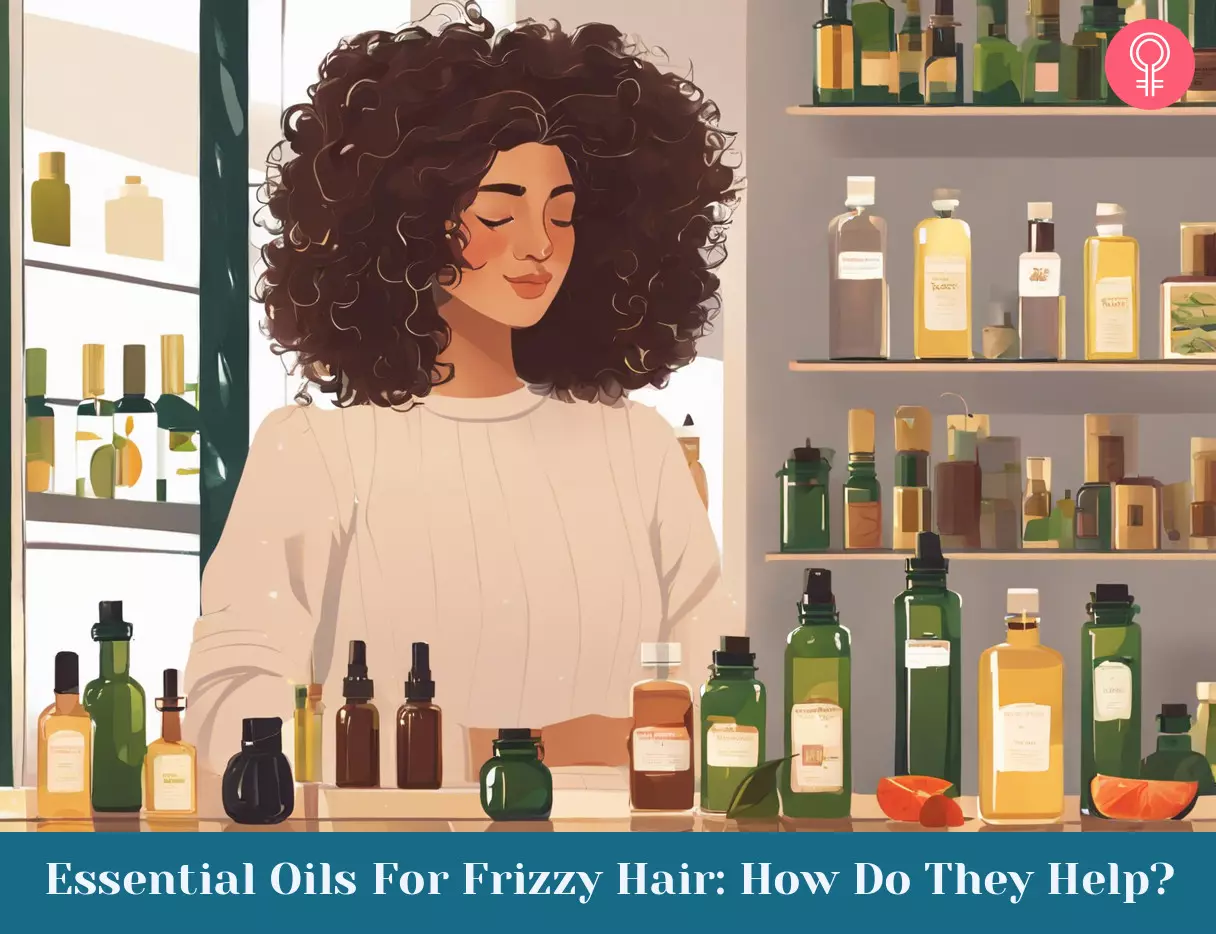
Image: Stable Diffusion/StyleCraze Design Team
Learn how to use essential oils for everyday DIYs! This video will help you discover 10 creative ways to incorporate essential oils into your daily life. Check it out!
Personal Experience: Source
StyleCraze's articles are interwoven with authentic personal narratives that provide depth and resonance to our content. Below are the sources of the personal accounts referenced in this article.
i. Using Rosemary essential oil for hair treatmenthttps://lucythebusybee.wordpress.com/2013/10/15/using-rosemary-essential-oil-for-hair-treatment/
References
Articles on StyleCraze are backed by verified information from peer-reviewed and academic research papers, reputed organizations, research institutions, and medical associations to ensure accuracy and relevance. Read our editorial policy to learn more.
- Hair Growth-Promoting Effects of Lavender Oil in C57BL/6 Mice
https://www.ncbi.nlm.nih.gov/pmc/articles/PMC4843973/#b8-tr-32-103 - Peppermint Oil Promotes Hair Growth without Toxic Signs
https://www.ncbi.nlm.nih.gov/pmc/articles/PMC4289931/ - Rosemary oil vs minoxidil 2% for the treatment of androgenetic alopecia: a randomized comparative trial
https://pubmed.ncbi.nlm.nih.gov/25842469/ - Treatment of dandruff with 5% tea tree oil shampoo
https://pubmed.ncbi.nlm.nih.gov/12451368/ - Preparation and evaluation of a multimodal minoxidil microemulsion versus minoxidil alone in the treatment of androgenic alopecia of mixed etiology: a pilot study
https://www.ncbi.nlm.nih.gov/pmc/articles/PMC3686323/ - Commercial Essential Oils as Potential Antimicrobials to Treat Skin Diseases
https://www.ncbi.nlm.nih.gov/pmc/articles/PMC5435909/ - Randomized trial of aromatherapy. Successful treatment for alopecia areata
https://pubmed.ncbi.nlm.nih.gov/9828867/
Read full bio of Elissa Peterson
Read full bio of Arshiya Syeda
Read full bio of Ramona Sinha
Read full bio of Medha Deb






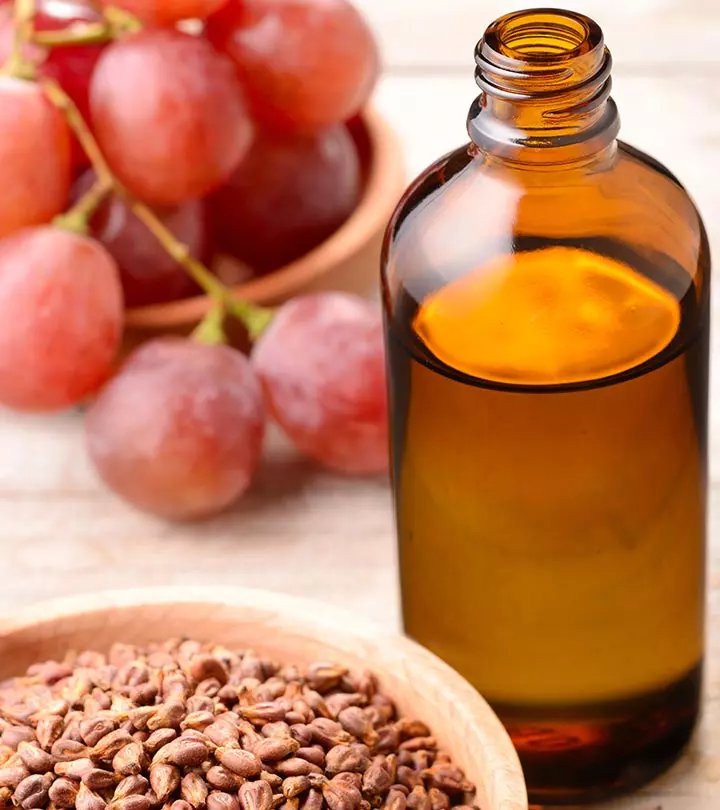
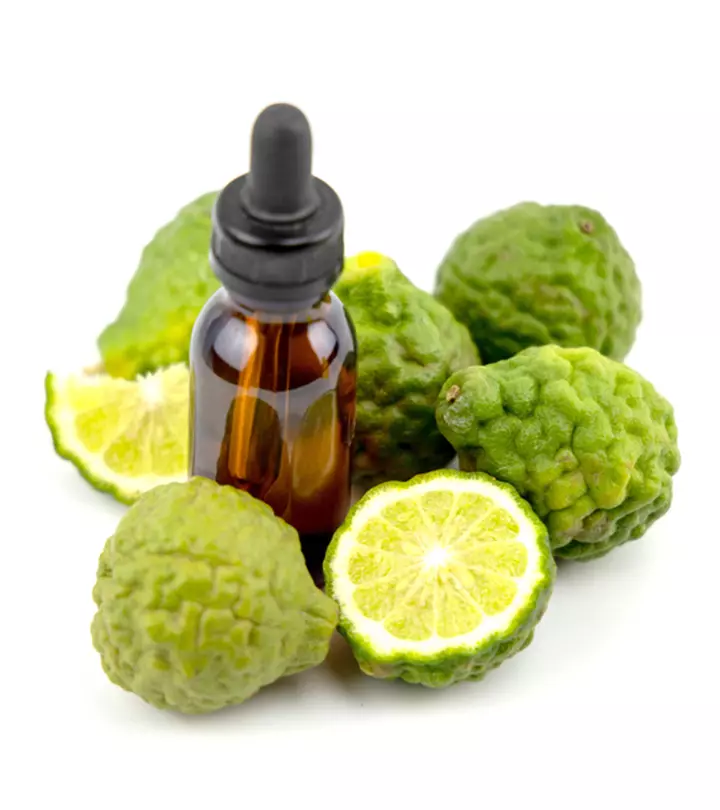
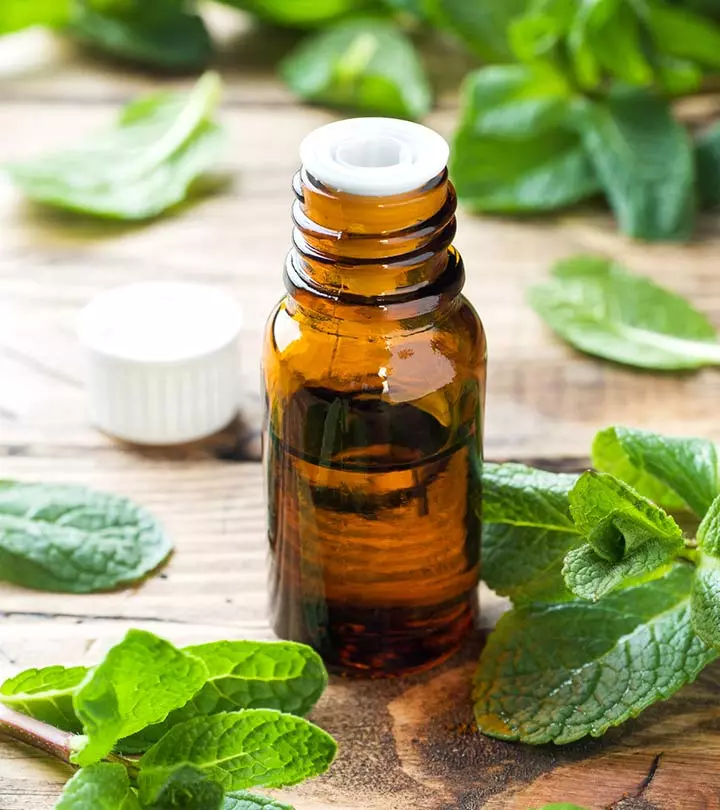
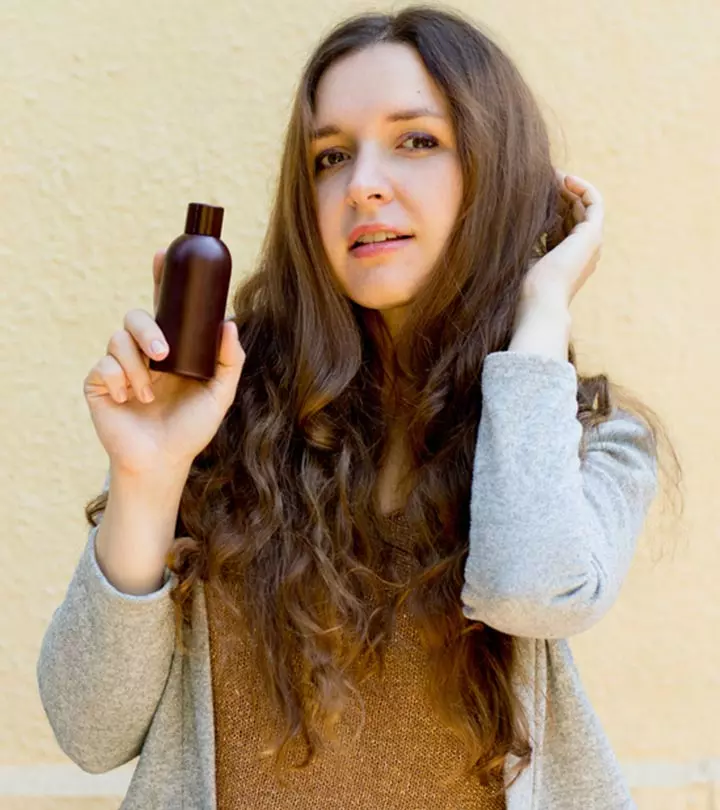
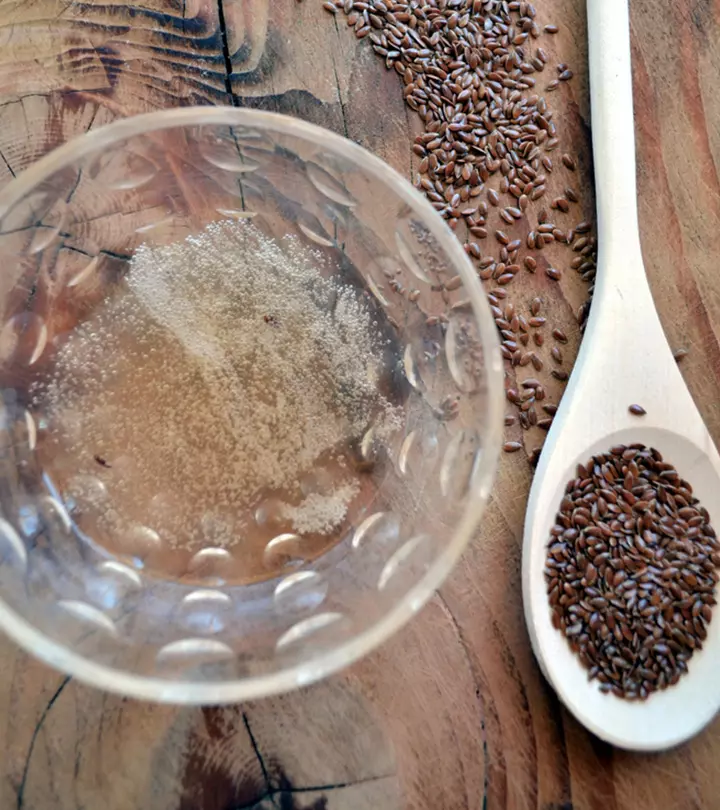
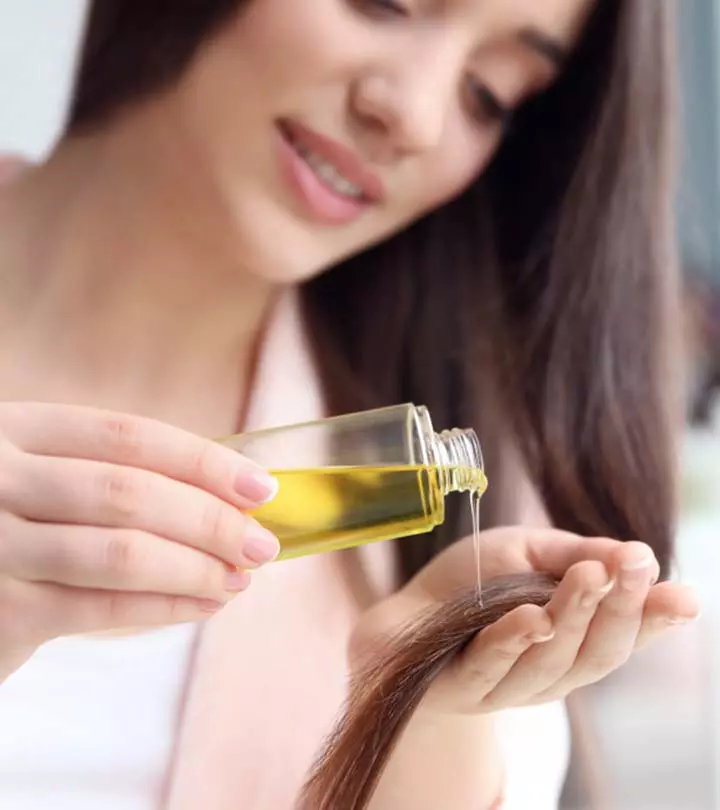
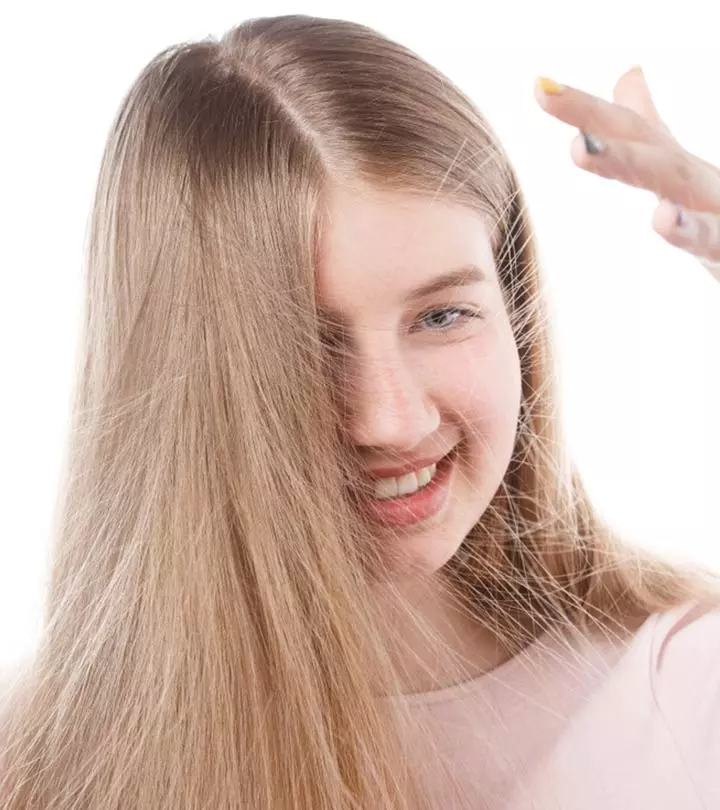
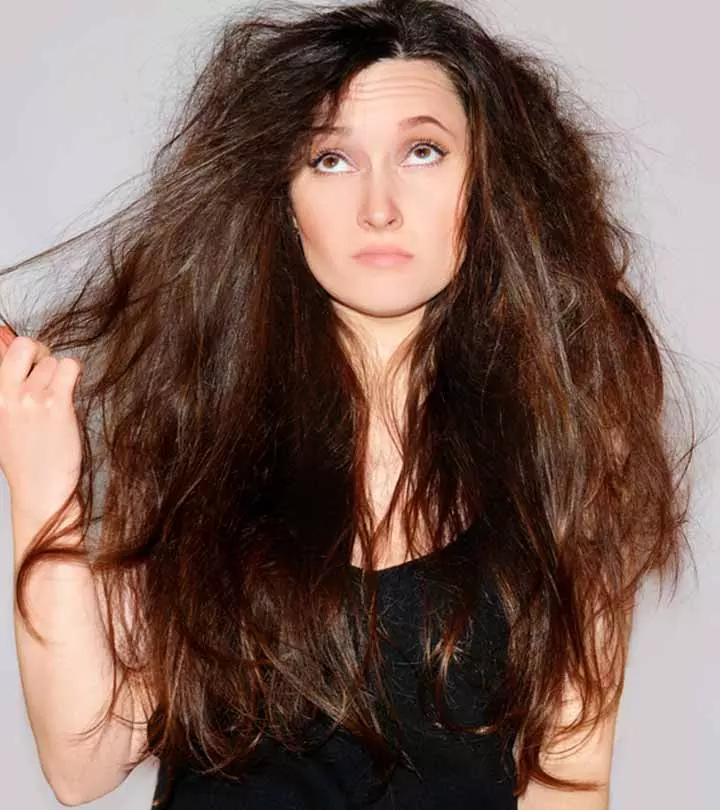
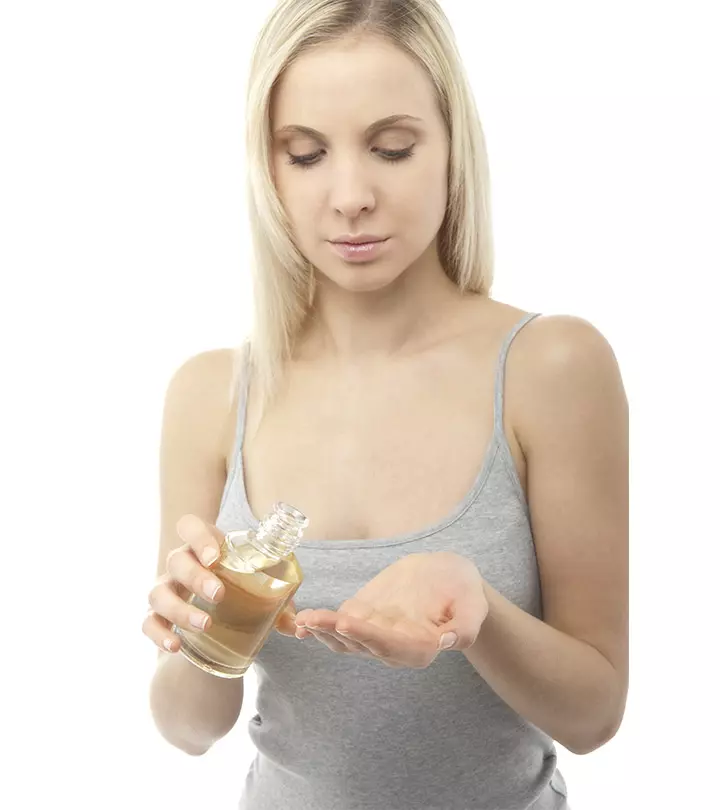
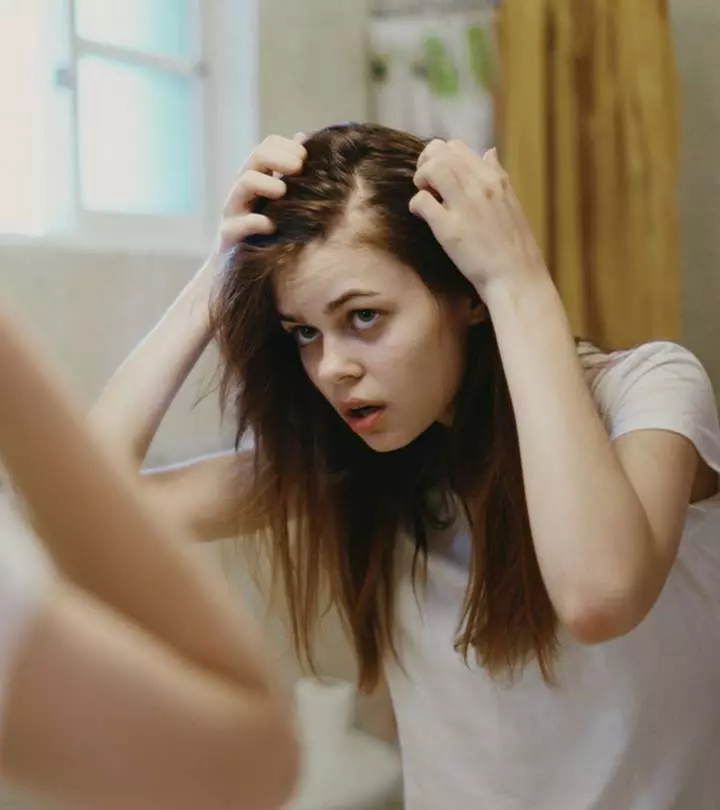
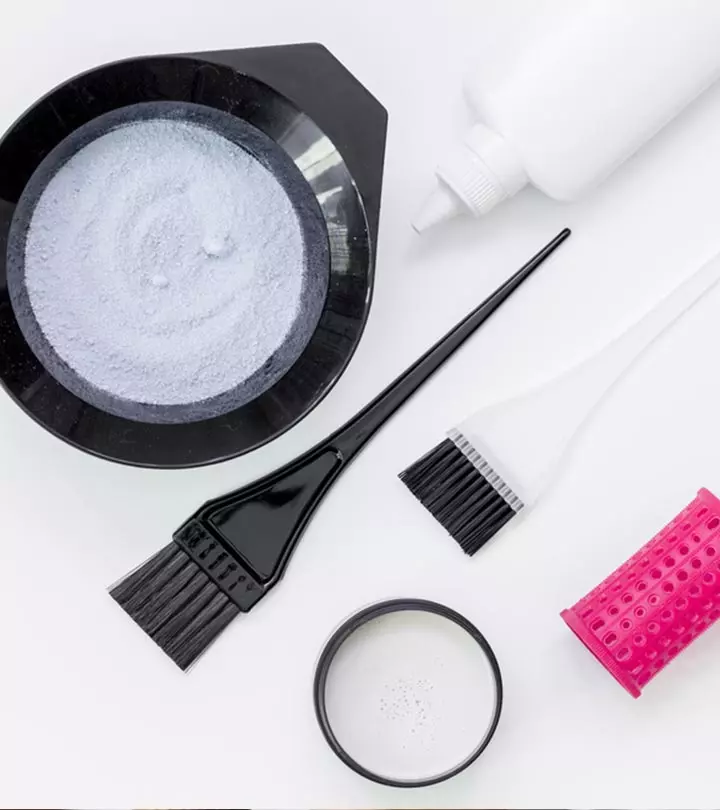
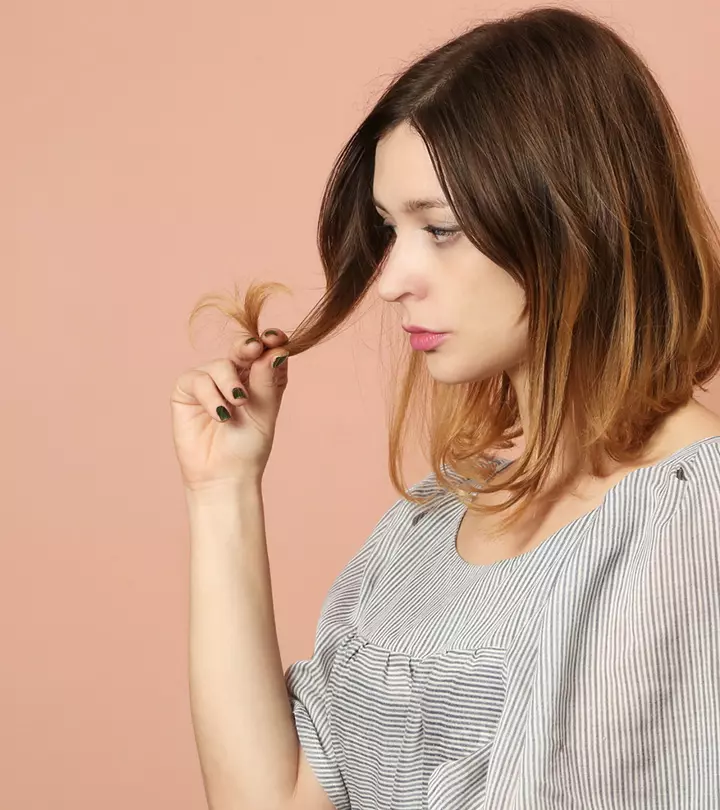
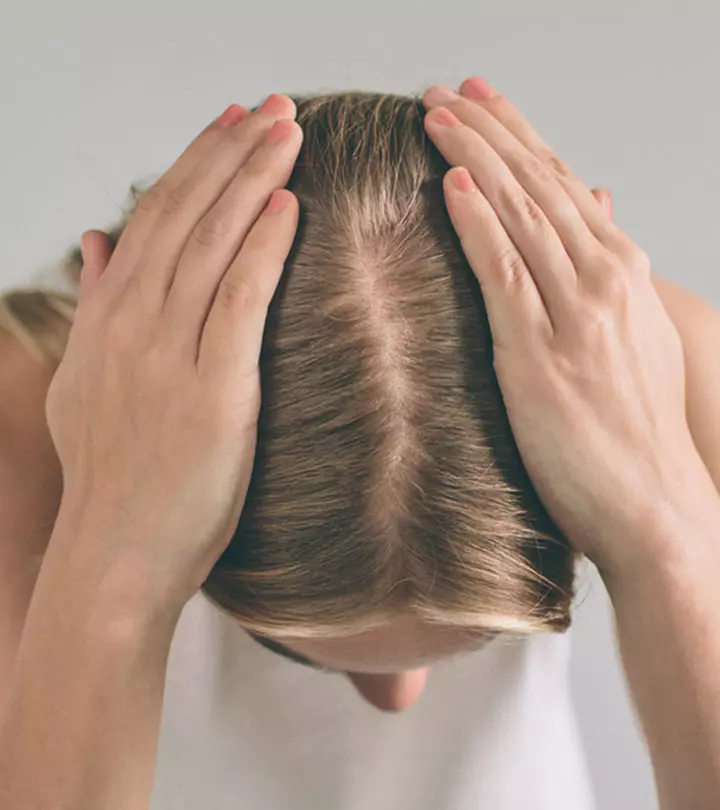


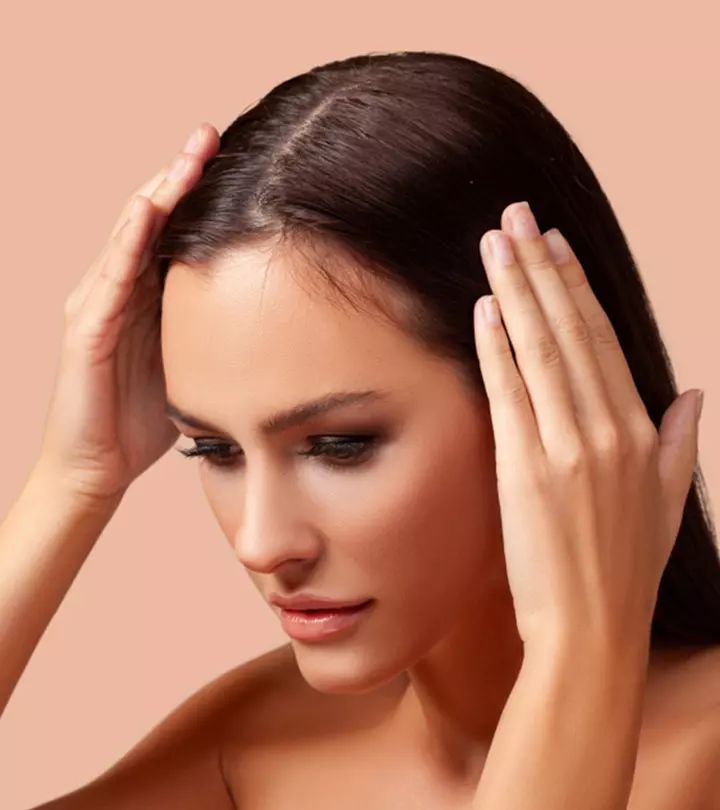
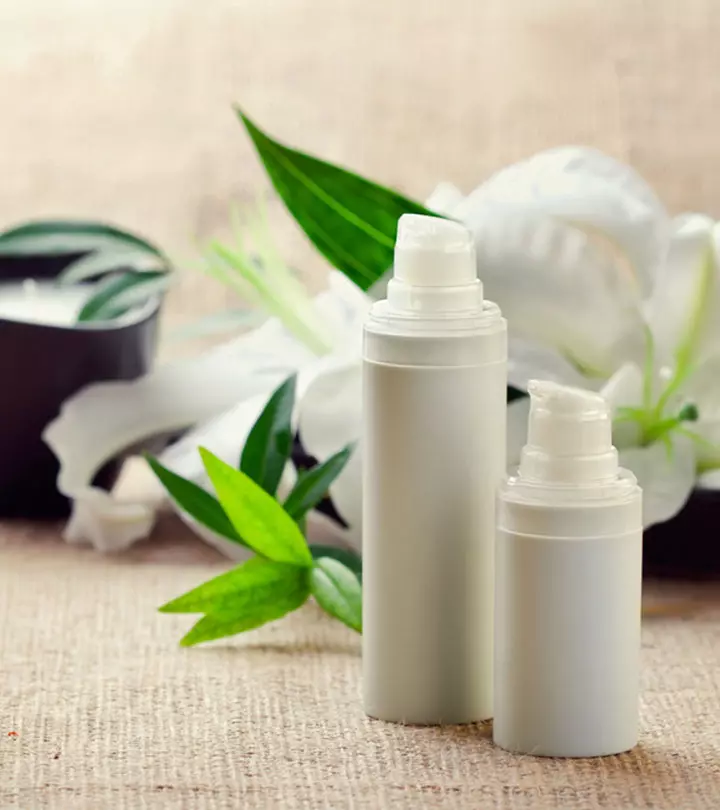

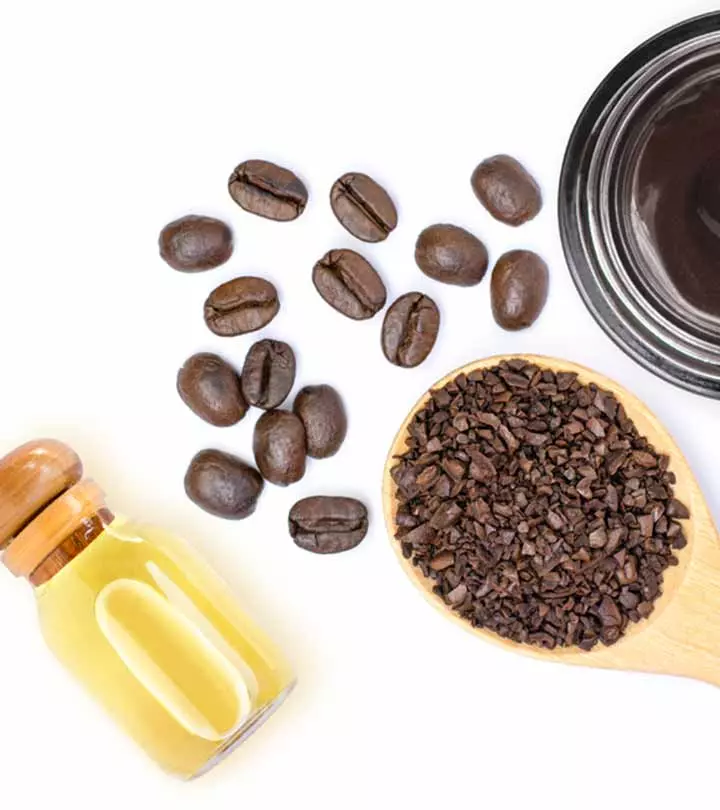
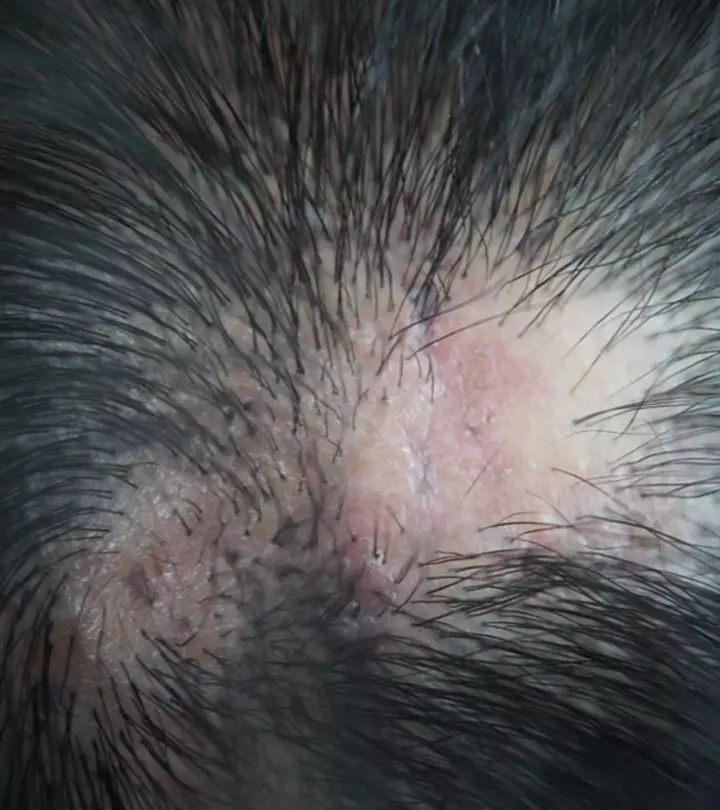
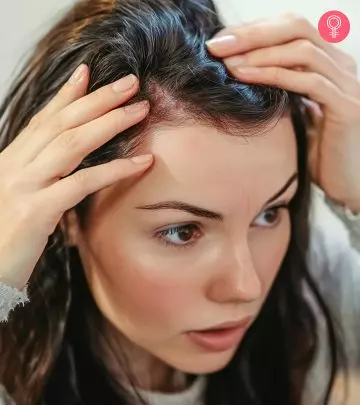
Community Experiences
Join the conversation and become a part of our empowering community! Share your stories, experiences, and insights to connect with other beauty, lifestyle, and health enthusiasts.